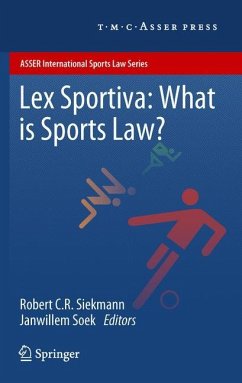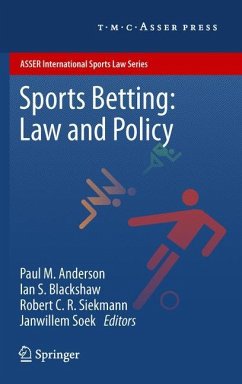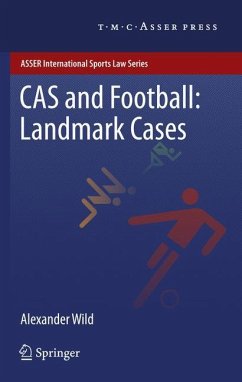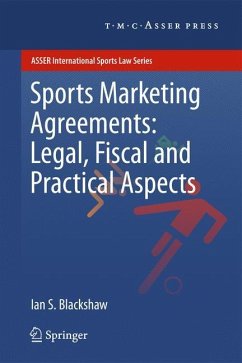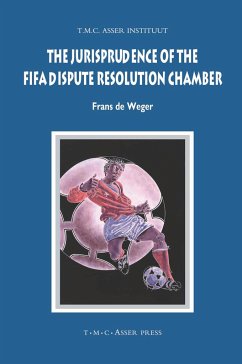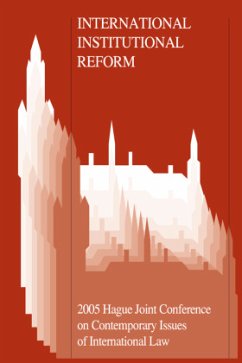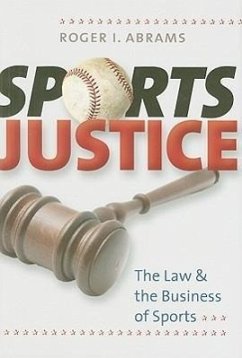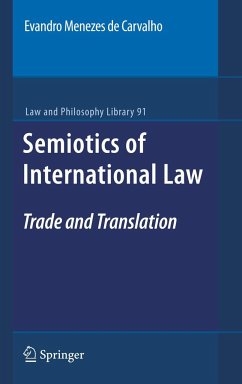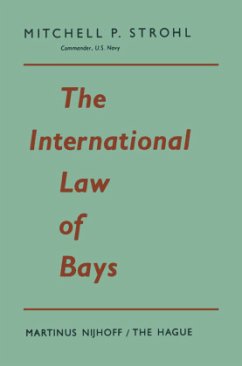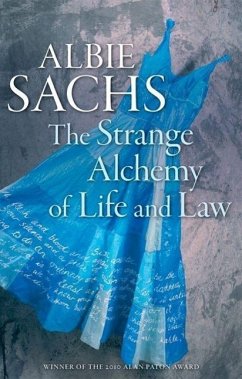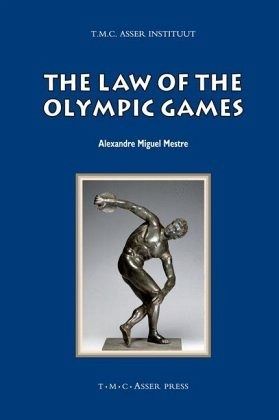
The Law of the Olympic Games
Versandkostenfrei!
Versandfertig in über 4 Wochen
103,99 €
inkl. MwSt.

PAYBACK Punkte
52 °P sammeln!
I am deeply honoured and very pleased indeed to have been invited to write the Foreword to this book, especially as the great success of and excitement generated by the Beijing Olympics last Summer is still fresh in all our minds! This is the first work on this important subject - the Olympic Games having been well described as 'the greatest sporting show on earth' - and the author, Alexandre Miguel Mestre, a distinguished Portuguese international sports lawyer, is to be warmly congratulated on producing it. The book covers the historical development of 'Olympic Law' and the current legal stat...
I am deeply honoured and very pleased indeed to have been invited to write the Foreword to this book, especially as the great success of and excitement generated by the Beijing Olympics last Summer is still fresh in all our minds! This is the first work on this important subject - the Olympic Games having been well described as 'the greatest sporting show on earth' - and the author, Alexandre Miguel Mestre, a distinguished Portuguese international sports lawyer, is to be warmly congratulated on producing it. The book covers the historical development of 'Olympic Law' and the current legal status of the International Olympic Committee (IOC) as an NGO (non-g- ernmental organisation) under Public International Law, and its various constituent members and organs. The UN resolutions on the Olympic Truce of which the latest one is published in the book, are of a recommendatory nature ('soft law'), but well illustrate the wide range of international legal instruments, which constitute the corpus of so-called 'Olympic Law', including the inter-State Nairobi Treaty on the Protection of the Olympic Symbol - the famous five interconnected rings. The book also addresses some contemporary legal issues affecting the Olympic Movement, including eligibility criteria, dual participation in the Olympics and the Paralympics as well as environmental concerns and the protection of the so-called 'Olympic Properties' - in other words the valuable intellectual property rights of the IOC including TV rights - without which the Olympic Games could not be financed and staged.



